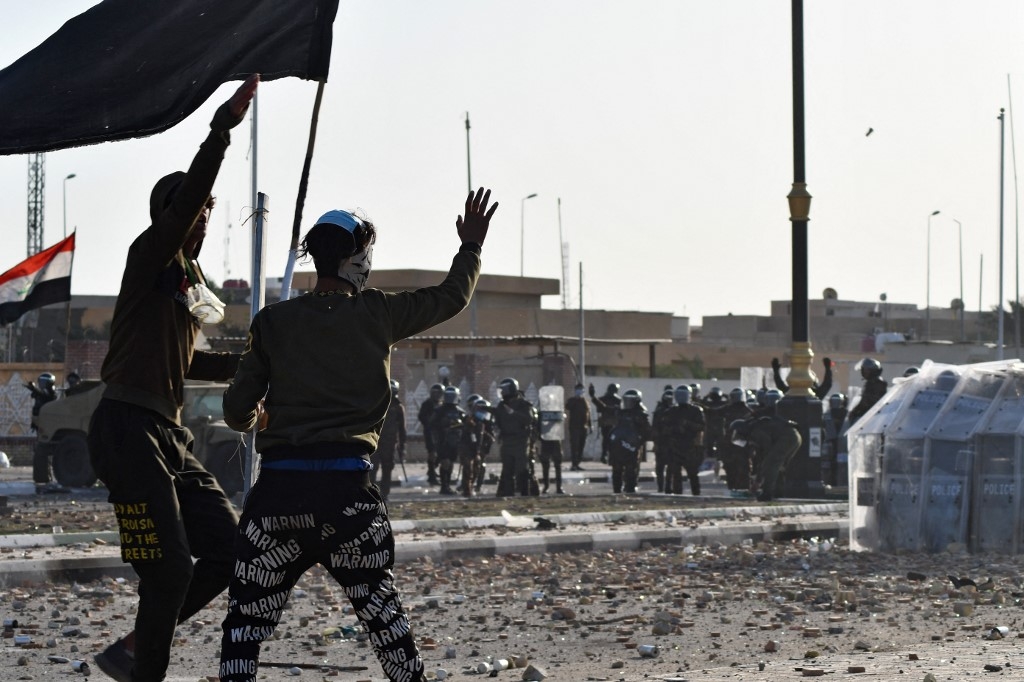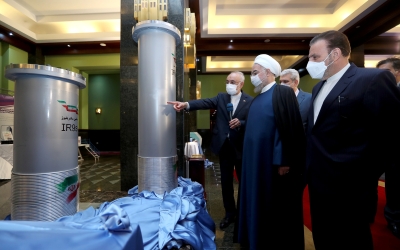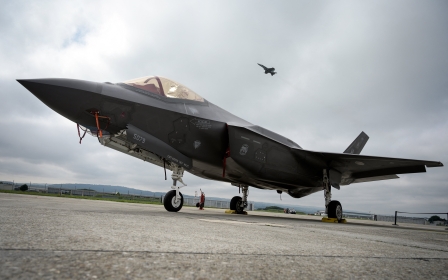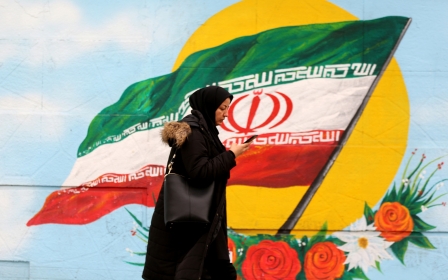US warns pandemic could push some Middle East countries to collapse

The economic fallout from the Covid-19 pandemic and localised conflicts will continue in the Middle East in 2021 and could force some countries to the brink of collapse, according to a US intelligence report.
The Annual Threat Assessment of the US Intelligence Community, a comprehensive report detailing "worldwide threats to the national security of the United States", said the region would continue to face popular discontent and socioeconomic grievances as a result of the economic impact of the pandemic, and leaders will struggle with political and economic reform.
The pandemic has had an acute impact on the economy of the Middle East and North Africa (MENA), with the World Bank saying this month that the region was estimated to face a loss of $227bn by the end of the year due to the pandemic, with public debt levels expected to rise at the fastest rate this century.
By the end of 2021, the number of people in the MENA region living beneath the poverty line will reach 192 million, the World Bank's estimates.
"As a result, some states are likely to experience destabilizing conditions that may push them close to collapse," the intelligence report said.
The report, an unclassified version of which was released by Director of National Intelligence Avril Haines on Tuesday, said that, in Iraq, "US personnel would also face danger if popular protests against government corruption and a declining economy took a more violent turn".
In Libya, the report assesses that the interim unity government will face numerous challenges, including on political and economic fronts, while foreign countries were likely to continue giving support to proxy forces within the country.
"Instability and the risk of renewed fighting in Libya's civil war will persist this year - despite limited political, economic, and security progress - and might spill over into broader conflict," the report said.
The unclassified version of the report did not identify specific countries that could be susceptible to collapse.
Iran not developing a nuclear weapon
While the intelligence report found Russia and China were the biggest threats to US security, it had a particular focus on Iran, which it said would use a range of tools, including diplomacy, military sales and acquisitions, and proxy forces, to challenge American influence within the MENA region.
"Iran sees itself as locked in a struggle with the United States and its regional allies, whom they perceive to be focused on curtailing Iran's geopolitical influence and pursuing regime change," the report said.
"We expect that Iran will take risks that could escalate tensions and threaten US and allied interests in the coming year."
Still, the Islamic Republic will attempt to avoid a direct conflict with Washington over concerns regarding the nature of the US response, the analysts noted:
"Iran remains committed to countering US pressure, although Tehran is also wary of becoming involved in a full-blown conflict."
Tensions between the US and Iran had reached boiling point under the Donald Trump administration, with Washington leaving the 2015 nuclear deal, reimposing crippling sanctions on the country and in January 2020 killing top Iranian general Qassem Soleimani.
The Biden administration has sought a return to the deal, however currently remains at an impasse over the issue of lifting all sanctions, which Iran says must be a prerequisite to returning to negotiations.
And in recent weeks, as indirect talks between the two countries were held in Geneva over a potential return to the nuclear agreement, tensions flared between Iran and Israel after Tehran accused Israel of attacking one of its nuclear facilities.
The report said that, while the country had abandoned some of its commitments under the 2015 nuclear deal, the US intelligence community assessment is that Iran is not trying to build a nuclear weapon.
"We continue to assess that Iran is not currently undertaking the key nuclear weapons-development activities that we judge would be necessary to produce a nuclear device," the report said.
Middle East Eye delivers independent and unrivalled coverage and analysis of the Middle East, North Africa and beyond. To learn more about republishing this content and the associated fees, please fill out this form. More about MEE can be found here.





